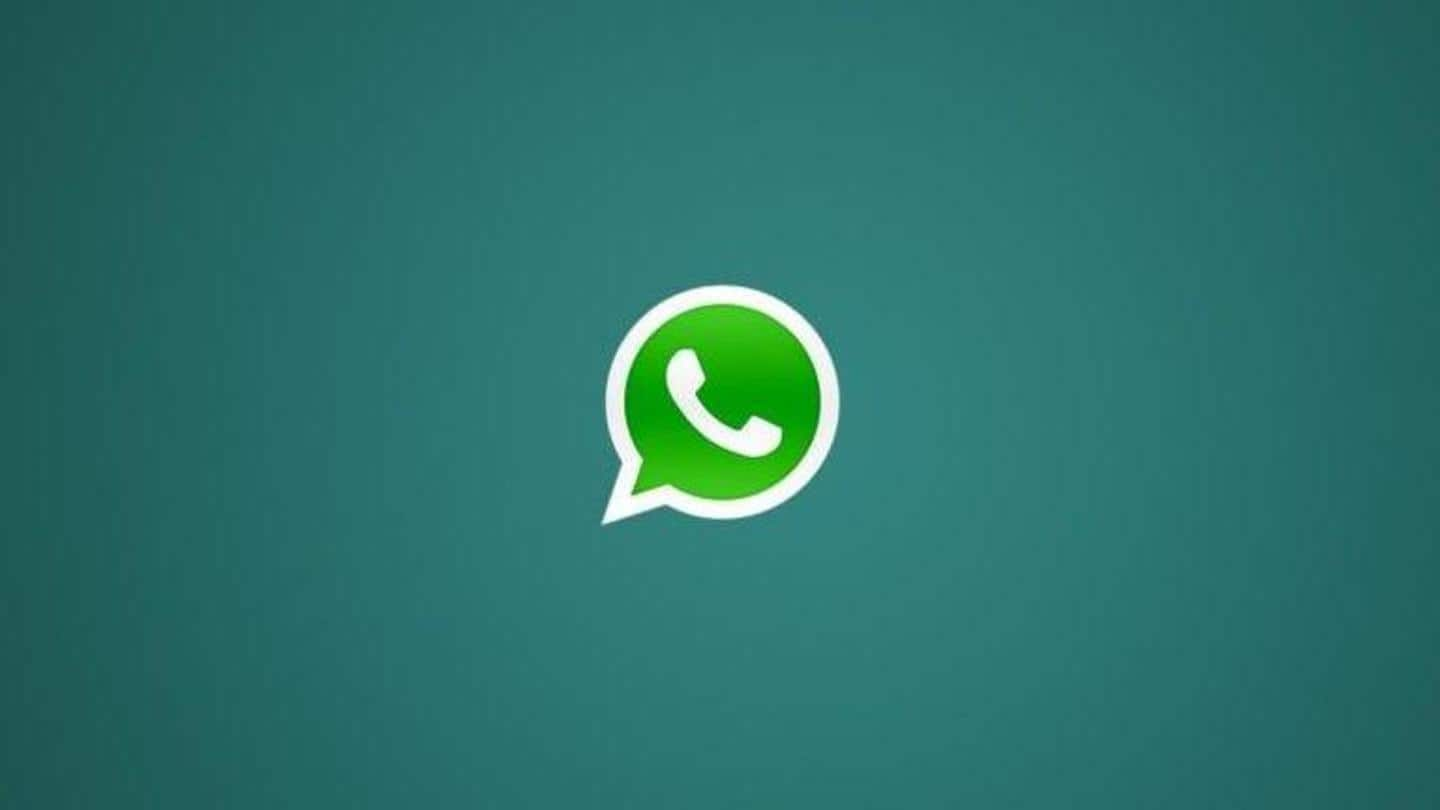WhatsApp claims Terms of Service change only affects business accounts
What's the story
WhatsApp recently pushed a notification directing users to accept the revised Terms of Service by February 8.
Elon Musk took this opportunity to recommend Signal over WhatsApp, following the backlash over how WhatsApp handles user data.
The messaging platform now claims that the changes only concern business account users. This begs the question: why was the notification pushed to private individuals at all then?
A clear Signal
Elon Musk mocks WhatsApp and promotes Signal as an alternative
Billionaire Musk's tweet promoting privacy-first messaging service Signal gained traction as people began grasping the implications of the changes in WhatsApp's ToS.
It is evident that Musk's tweet was a jab at the WhatsApp issue, while still being a genuine suggestion.
The billionaire has spared no opportunity to express his criticism of Facebook and its subsidiaries.
PR move
WhatsApp's recent clarification sounds more like damage control
The ToS change was widely interpreted as an ultimatum to share WhatsApp user data with other Facebook entities.
The data sharing move is now being touted as a means to improve targeted advertising across the parent company's platforms.
WhatsApp has been careful with its choice of words in the documentation, but its clarification seems more like damage control than a genuine case of misinterpretation.
No options
No way to opt out of sharing user data
The policy, effective next month, shows no evidence of giving users an option to opt out of data sharing.
The Verge reports this was a one-time option seen on the platform briefly in 2016 and has since only been referenced but never explicitly stated otherwise.
It is understood that at some level WhatsApp is funded by Facebook's advertising activities and user data is shared.
Strictly business
WhatsApp clarification: Only chats with businesses will be affected
In a statement issued recently, WhatsApp claimed that the ToS change is a step towards a more transparent platform.
It said that businesses can choose to receive secure hosting services from their parent company Facebook to help manage their communications with customers on WhatsApp.
It is up to the users to decide whether or not they wish to interact with businesses on WhatsApp.
Two billion users
Let's not forget that WhatsApp is too big to fail
This move could either have been a genuine attempt to address users' privacy concerns, or Facebook might as well be exercising damage control. Meanwhile, the non-profit messaging service Signal has registered an unprecedented surge in sign-ups.
While this PR disaster might have cost WhatsApp some users, let's not forget that the platform's user base includes a quarter of the world's population.
